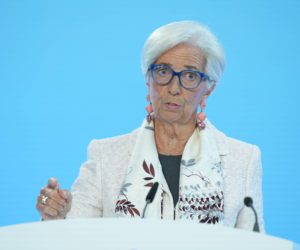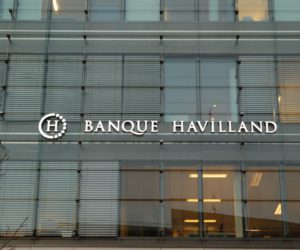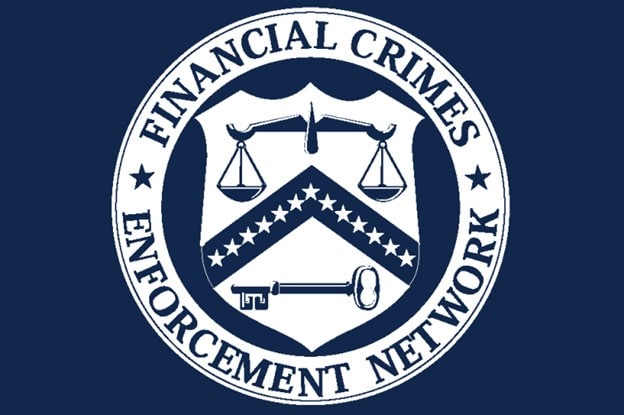By Dan Byrne for AMLi
A UN OFFICE had criticised several countries in Southeast Asia for transparency issues considered vital in the fight against financial crime.
Authorities from the United Nations Office on Drugs and Crime (UNODC), receiving cooperation from the UK government, noted several inconsistencies in beneficial ownership and company registry systems in certain nations in the region.
Because of this, “law enforcement agencies will encounter significant challenges in detecting and investigating suspicious cases, and financial institutions will not be able to carry out reliable due diligence on their customers,” it said in a recent report.
Beneficial ownership and company registry are concepts very familiar to the anti-money laundering industry, not least because having robust protocols in both these areas make it far easier to track and apprehend financial criminals.
While acknowledging progress, the UNODC report highlights significant flaws in those systems for the nations of Cambodia, Indonesia, Malaysia, Myanmar, the Philippines and Thailand.
Combined, these countries represent a population of over 535 million.
These countries are “considered to be very secretive when it comes to transparency of ownership of legal entities and other forms of wealth,” the report said.
For beneficial ownership, the report acknowledged that those particular countries define it the concept in largely the same way – and in line with international best-practice – but criteria for qualification as a beneficial owner is inconsistent across borders.
Meanwhile, the lack of any thorough centralised business registry in these countries has also been criticised. Legal requirements to report essential information like addresses, incorporation dates and tax numbers do largely exist, but “in practice… the registries often lack accurate and up-to-date information,” the report said.
“This is partly due to the fact that the capacity of the public administrations hosting the central registries are not always sufficiently developed to verify the reported information effectively.”
The report also stressed that information on management, shareholders and board members was rarely accessible to the public.
On the back of these findings, recommendations have been made to tighten regulations and definitions around ‘beneficial ownership’, to ensure that any information collected is “adequate, accurate and current”.
Governments of the relevant countries have also been urged to follow through in setting up a central register while ensuring all competent supervisory and investigative authorities have access to important information.
Share this on:
Follow us on:








